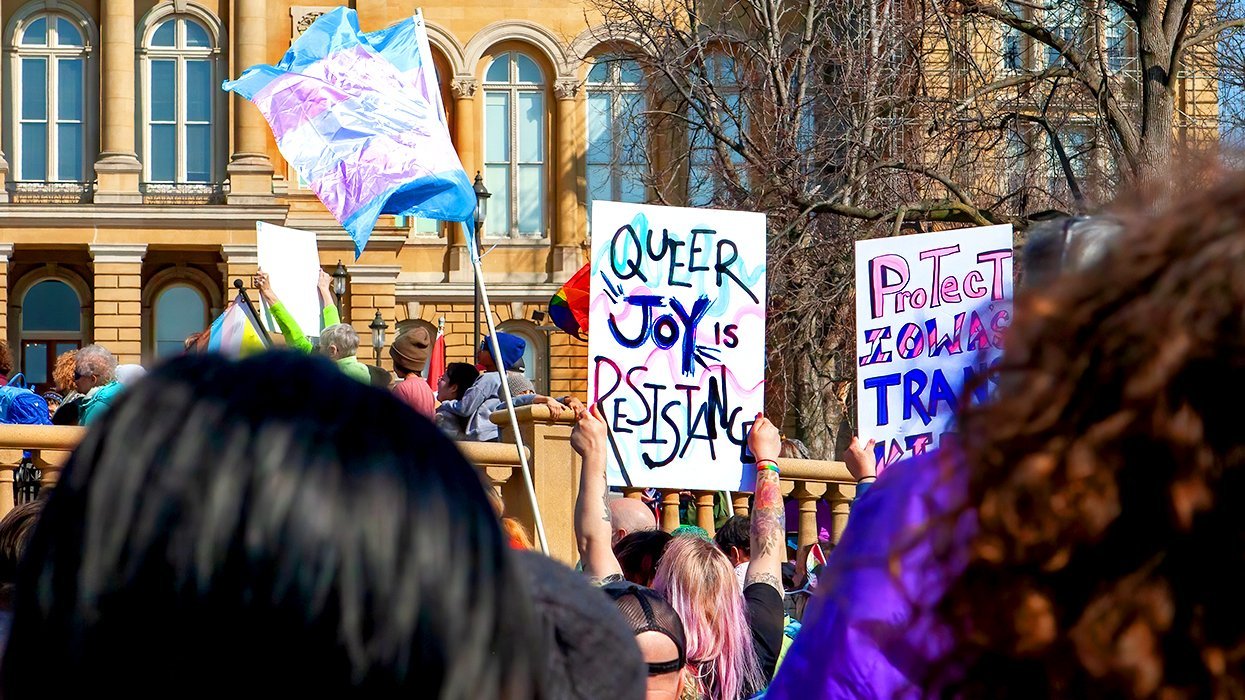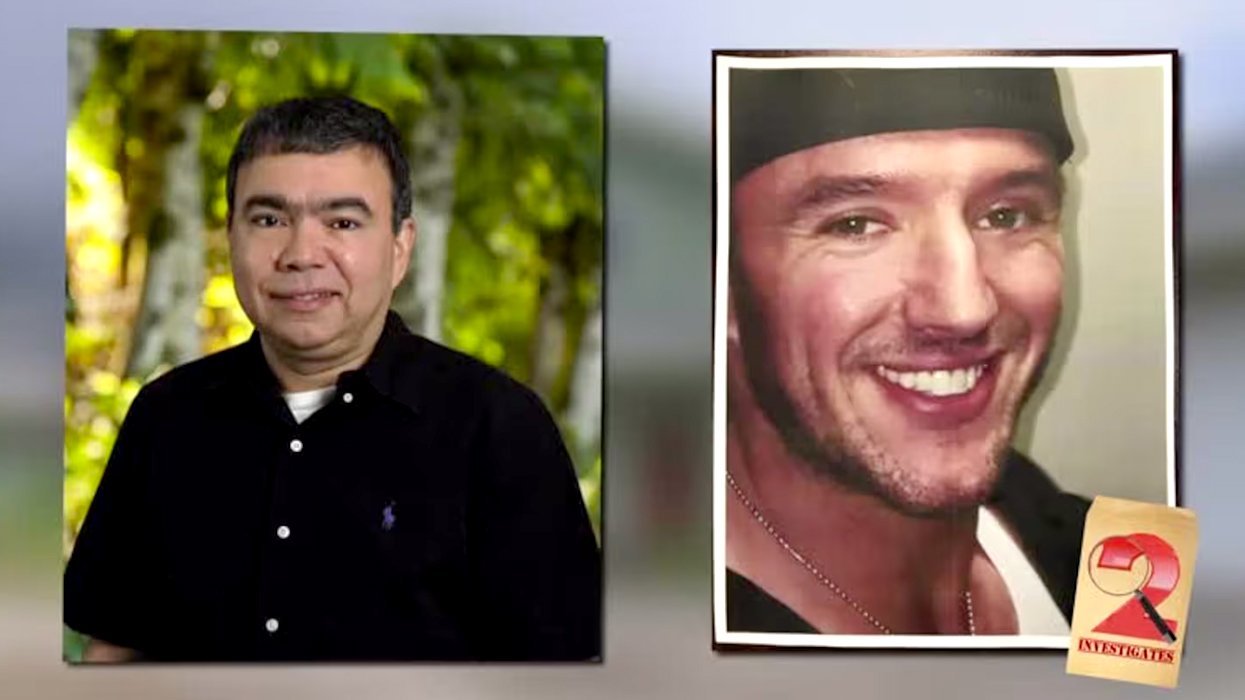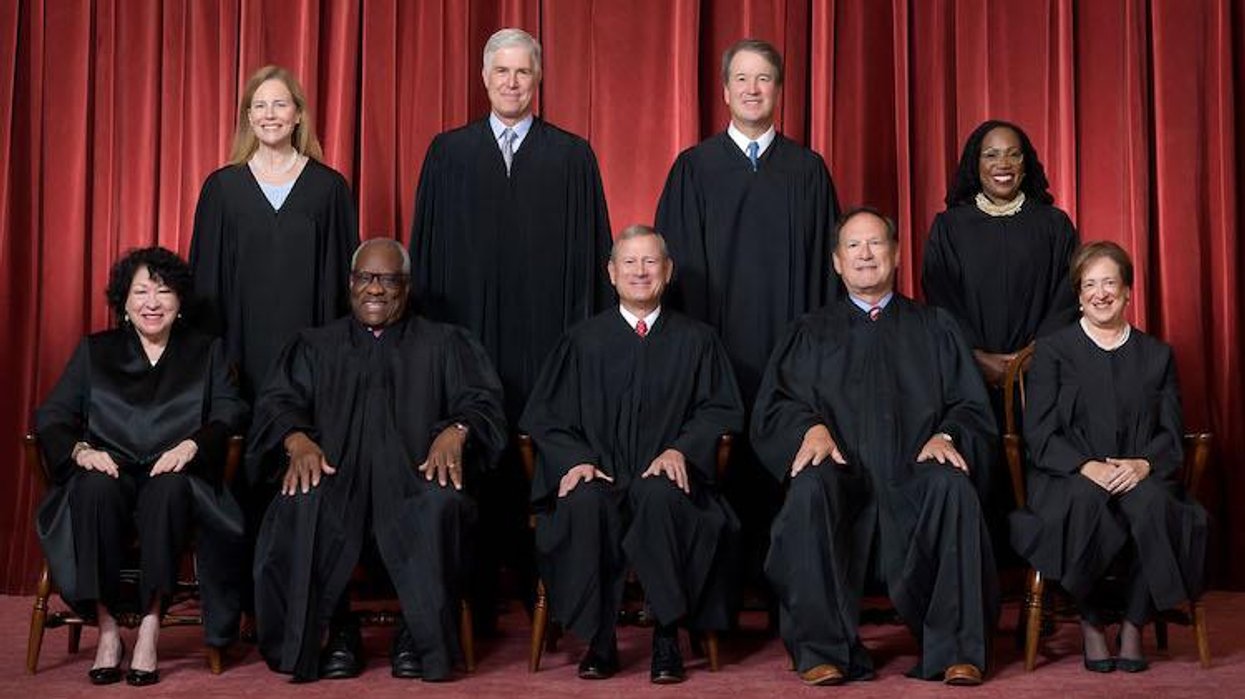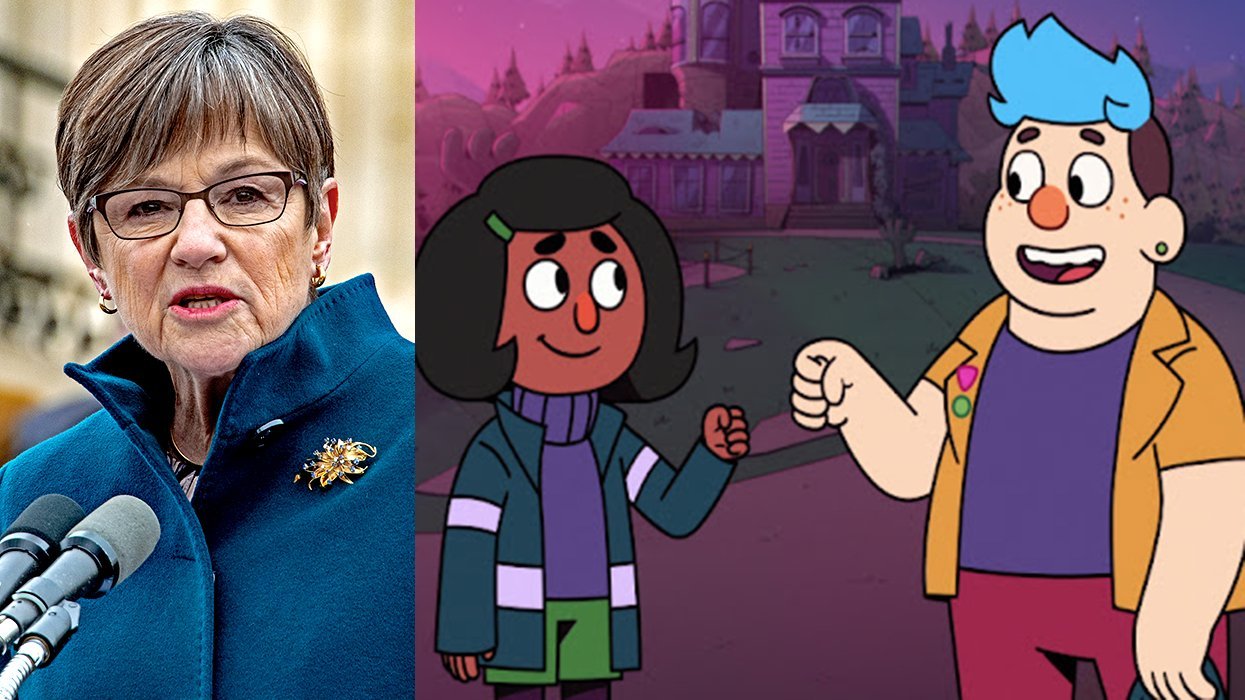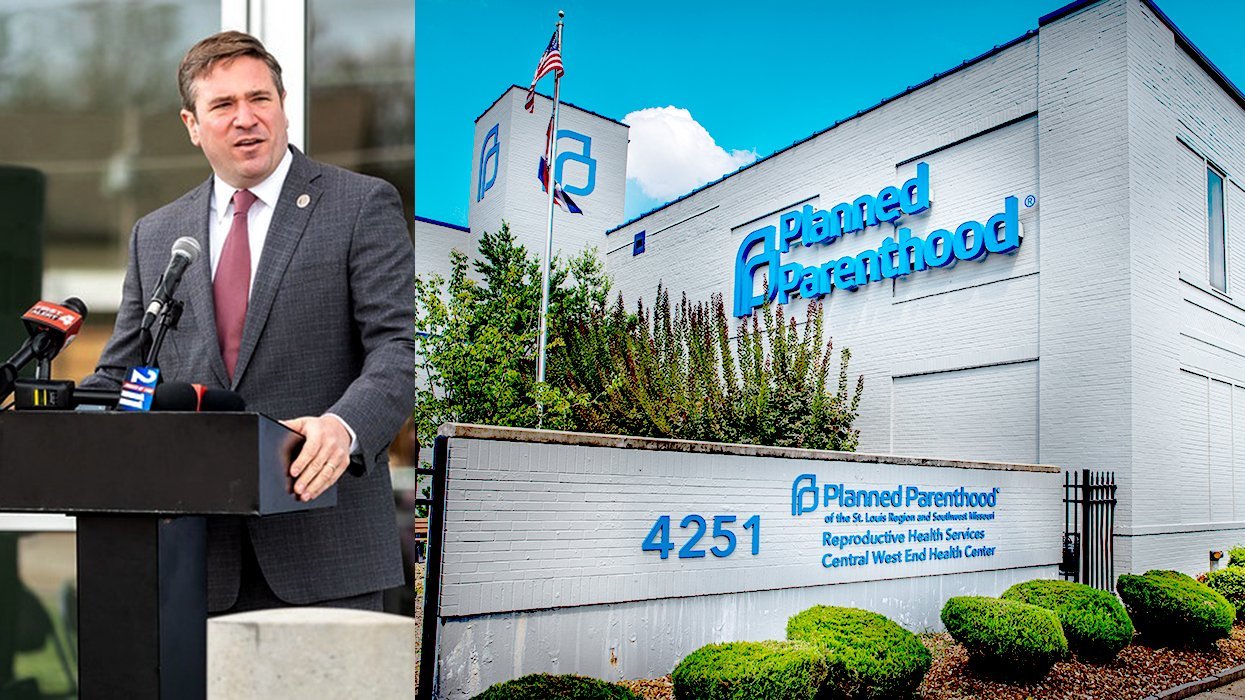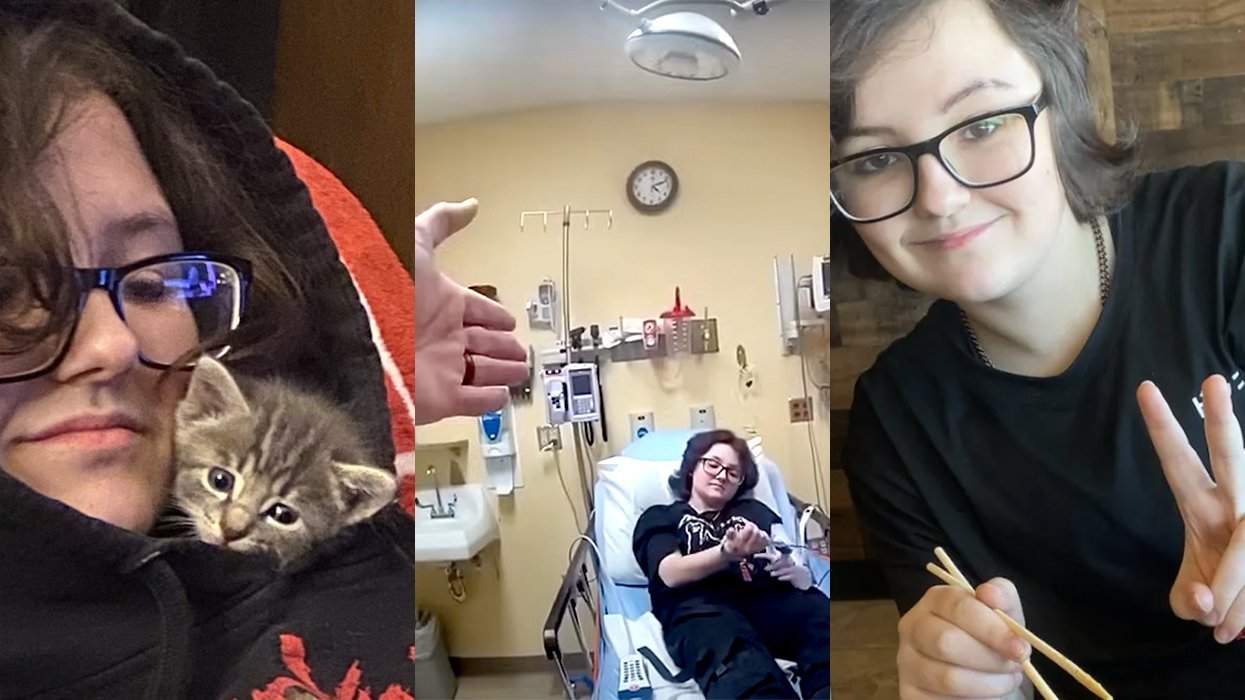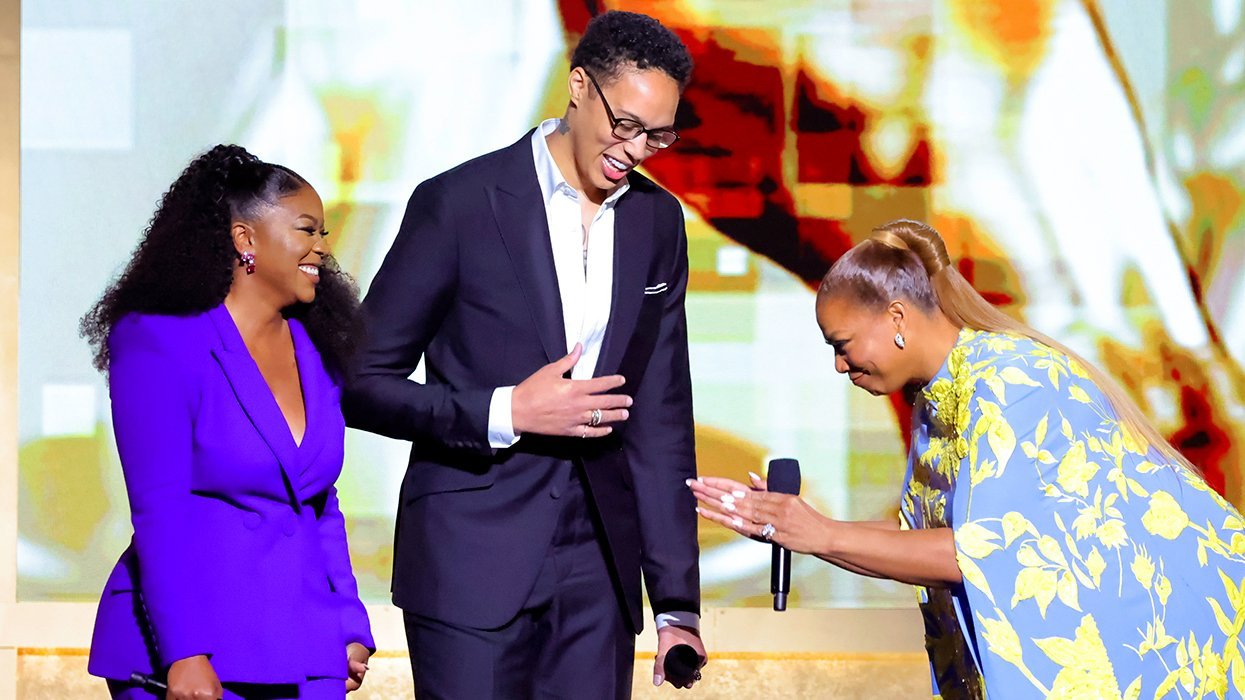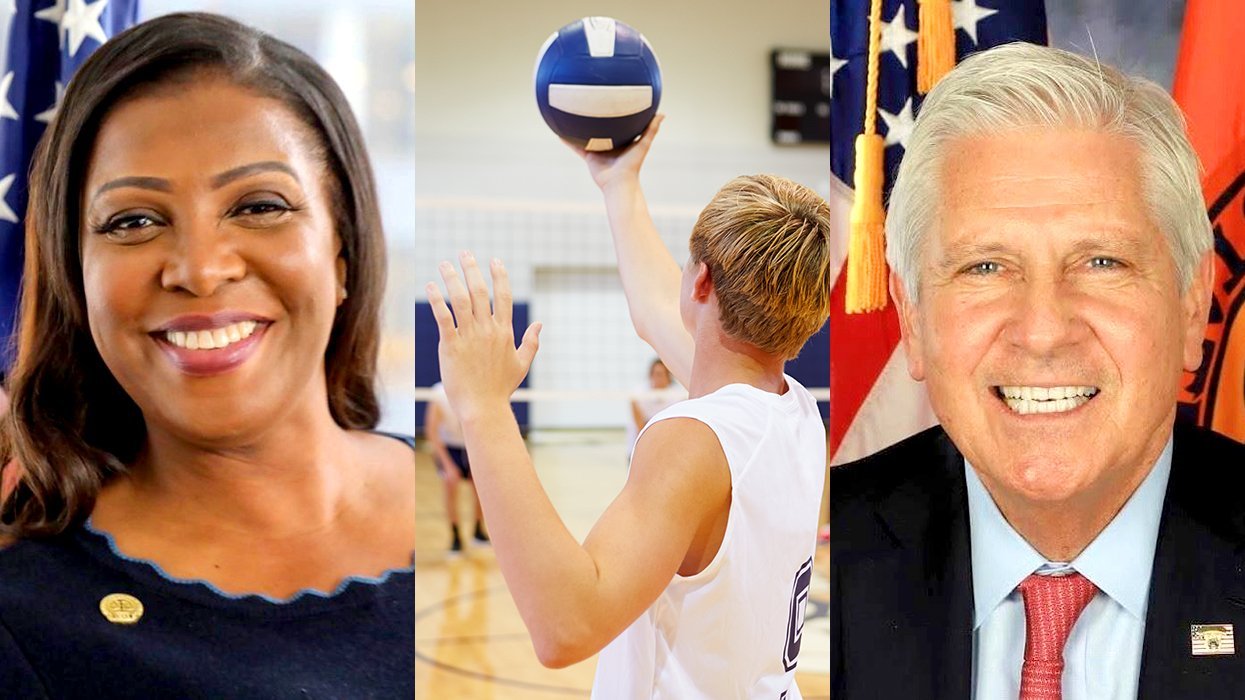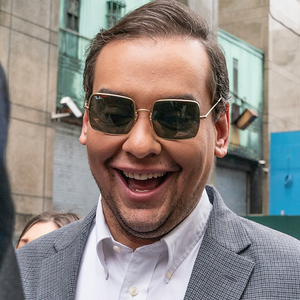
CONTACTStaffCAREER OPPORTUNITIESADVERTISE WITH USPRIVACY POLICYPRIVACY PREFERENCESTERMS OF USELEGAL NOTICE
© 2024 Pride Publishing Inc.
All Rights reserved
All Rights reserved
By continuing to use our site, you agree to our Private Policy and Terms of Use.
"It's going to happen. Whether you like it or not." This quote from San Francisco mayor Gavin Newsom, among the nation's fiercest equality advocates, became the tagline for one of the most frequently aired -- and effective -- ads run by marriage-equality opponents in favor of Proposition 8 during the 2008 battle in California.
Those last few words -- "whether you like it or not" -- are the key to why the ad worked so well. The phrase played into one of the biggest hurdles to increasing support for marriage equality: the American middle fears it is being forced to change, with no voice and no control.
In the last few months, Third Way has undertaken groundbreaking research, with the help of Apter Research International and Grove Insight, to dig deeper into the remaining concerns that are still holding the middle back from support for marriage for gay and lesbian couples. Our research is not yet complete, and from our initial work it is obvious that there are multiple concerns yet to be answered. But one major piece that is already evident is the middle's desire for control. Because of its prevalence and intensity, we believe this control issue is one that marriage supporters will need to address head on in order to move the middle to support for marriage.
Our study, which consisted of unique, one-on-one interviews with Americans in the middle, probed deeply into their anxieties, fears, and psychological motivations, unearthing subconscious feelings impossible to illuminate in a traditional poll or focus group. Our research team built a psychological profile of the participants based on multiple-hour interviews about gay and lesbian relationships and marriage, which were conducted by our research psychologists. Throughout the interviews, the participants were consistently seeking a state of mastery over this issue -- put another way, they exhibited a deep desire for control. But when they talked about their range of concerns, they overwhelmingly felt that things were out of their hands. They expressed metaphors like "stuffing something down somebody's throat" and often voiced their loss of control directly through phrases like "everything is changing" and "you can't stop it."
The other side plays on this fear all too well. That's why its ads and its advocacy are laser-focused on convincing the middle that things are spiraling out of control and making people in the middle feel that in order to regain power over the issue, they must "draw the line" at marriage. However, we believe that supporters of marriage can alter this dynamic, and we think there are three initial strategies to start addressing this control issue, so the middle won't feel it necessary to continue to play the "just don't call it marriage" trump card.
First, those in the middle feel like they are literally losing control of the definition of marriage because others are trying to change it. They think gay couples are trying to change marriage by making it into an individual contract that is primarily about rights and benefits -- rather than a bedrock institution that upholds our communities and society. So we need to show members of the middle that they are not losing control, because gay couples don't want to change the definition of marriage -- they want to join it. We can convey this sentiment by emphasizing that gay couples respect the institution of marriage and want to take on the responsibilities and obligations that go along with it. We need to reassure the middle that they won't have to change, by demonstrating that gay couples will have to conform to the current rules, including monogamy and fidelity, in order to participate in the tradition of marriage.
Second, we've left the middle in the dark about why gay couples want to get married. Just imagine a situation where you had no idea why something was happening -- you'd feel disoriented and out of control. Our research shows that people were consistently perplexed about why gay couples would want to marry. This means we need to do a better job articulating motivations -- emphasizing that gay couples want to get married for the same reasons straight couples do: to make a public commitment in front of friends and family to honor and care for each other for the rest of their lives.
Third, too often, the tone of our advocacy makes the middle feel like they are losing control because, by implication, we are telling them they have no role to play in this decision. We frequently talk about the right to marry (for good reason), and much of what we say indicates that we see this issue as a no-brainer -- marriage is something that gay couples deserve and are demanding. But in order to change the dynamic around control, we must recast the debate so that those in the middle feel like they are a part of our country's journey toward progress, rather than feeling like change was forced upon them. So instead of demanding rights, we could alter the tone of our ads so that gay couples are asking people in the middle to allow them to make the public commitment that marriage entails -- like a suitor asking a woman's father if he can have her hand in marriage. Perhaps one way to convey this new tone would be to run an ad, for example, that opens with a wedding ceremony where the officiant says, "If anyone knows of any reason this couple should not be married, speak now or forever hold your peace." It could end with the tagline "The decision is yours."
This shift in tone would be controversial in many parts of the LGBT movement, but we think it is a crucial part of dealing with the middle's control issues. And if marriage supporters can employ these three strategies to change the dynamic and make the middle feel they are in control, we believe we'll be able to more quickly clear the way to equality.
Want more breaking equality news & trending entertainment stories?
Check out our NEW 24/7 streaming service: the Advocate Channel!
Download the Advocate Channel App for your mobile phone and your favorite streaming device!
From our Sponsors
Most Popular
Here Are Our 2024 Election Predictions. Will They Come True?
November 07 2023 1:46 PM
17 Celebs Who Are Out & Proud of Their Trans & Nonbinary Kids
November 30 2023 10:41 AM
Here Are the 15 Most LGBTQ-Friendly Cities in the U.S.
November 01 2023 5:09 PM
Which State Is the Queerest? These Are the States With the Most LGBTQ+ People
December 11 2023 10:00 AM
These 27 Senate Hearing Room Gay Sex Jokes Are Truly Exquisite
December 17 2023 3:33 PM
10 Cheeky and Homoerotic Photos From Bob Mizer's Nude Films
November 18 2023 10:05 PM
42 Flaming Hot Photos From 2024's Australian Firefighters Calendar
November 10 2023 6:08 PM
These Are the 5 States With the Smallest Percentage of LGBTQ+ People
December 13 2023 9:15 AM
Here are the 15 gayest travel destinations in the world: report
March 26 2024 9:23 AM
Watch Now: Advocate Channel
Trending Stories & News
For more news and videos on advocatechannel.com, click here.
Trending Stories & News
For more news and videos on advocatechannel.com, click here.
Latest Stories
Supreme Court lets Idaho enforce law criminalizing gender-affirming care for minors
April 15 2024 8:47 PM
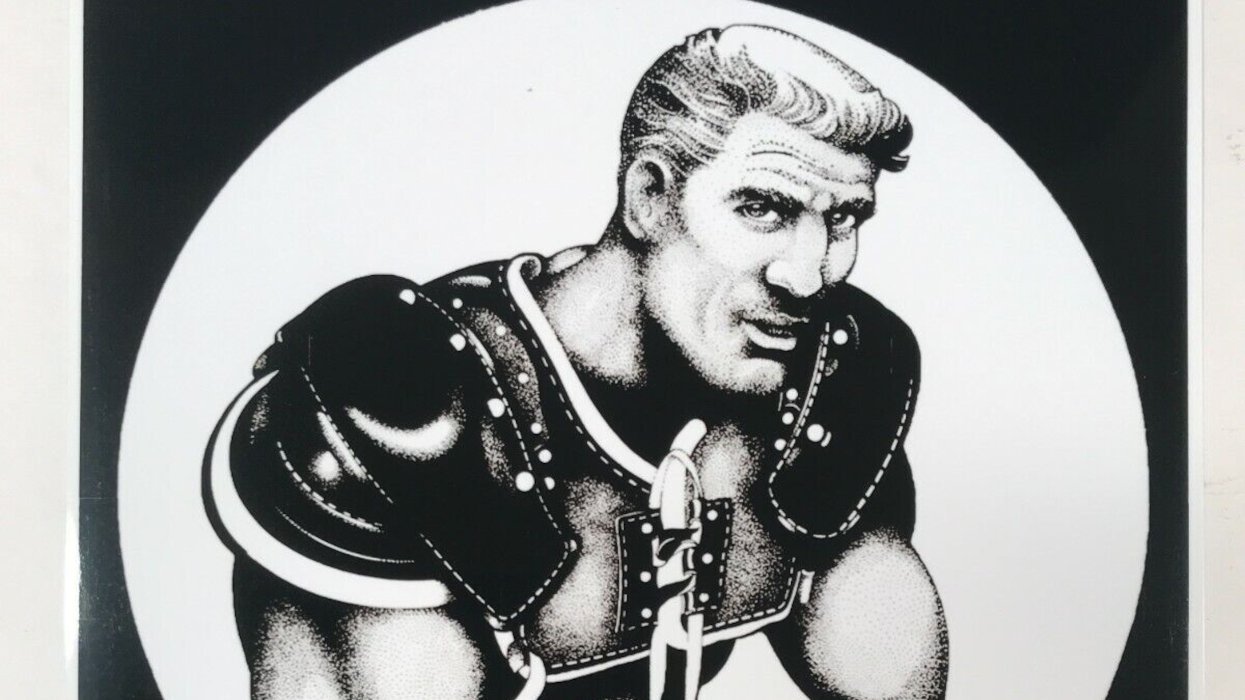
Plus
Yahoo FeedGay fetish artist Rex has died — see some of his sexy work
April 15 2024 8:13 PM
Brittney Griner and her wife, Cherelle, are expecting! Here's when baby Griner is arriving
April 15 2024 12:52 PM
Tennessee Senate passes bill making 'recruiting' for trans youth care a felony
April 14 2024 11:17 AM





















